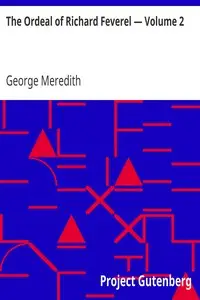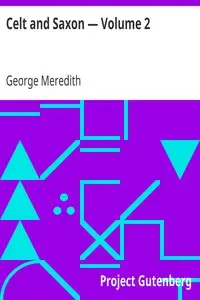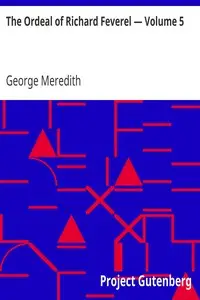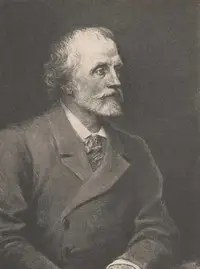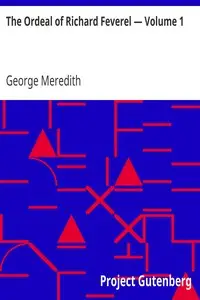** "Evan Harrington — Volume 6" by George Meredith is a story exploring the lives of Evan Harrington and Rose. Set against a backdrop of picnic gatherings and simmering conflicts, the story highlights the challenges and misunderstandings they face due to social and familial expectations. Rose grapples with her feelings and confronts Juliana, uncovering layers of jealousy and pride as they discuss Evan's character. He is portrayed as a noble figure caught in a complicated situation, where his background clashes with the world's perception. This portion showcases the emotional struggles of the characters as they deal with issues of identity, class disparities, and the impact of social prejudices on their relationships. The novel unfolds with emotional intensity, capturing the essence of love, loyalty, and betrayal. **

Evan Harrington — Volume 6
By George Meredith
** Amidst social tensions and family drama, discover if love will prove to be enough for an underestimated man and the woman who sees his true worth.
Summary
About the AuthorGeorge Meredith was an English novelist and poet of the Victorian era. At first, his focus was poetry, influenced by John Keats among others, but Meredith gradually established a reputation as a novelist. The Ordeal of Richard Feverel (1859) briefly scandalised Victorian literary circles. Of his later novels, the most enduring is The Egoist (1879), though in his lifetime his greatest success was Diana of the Crossways (1885). His novels were innovative in their attention to characters' psychology, and also portrayed social change. His style, in both poetry and prose, was noted for its syntactic complexity; Oscar Wilde likened it to "chaos illumined by brilliant flashes of lightning". Meredith was an encourager of other novelists, as well as an influence on them; among those to benefit were Robert Louis Stevenson and George Gissing. Meredith was nominated for the Nobel Prize in Literature seven times.
George Meredith was an English novelist and poet of the Victorian era. At first, his focus was poetry, influenced by John Keats among others, but Meredith gradually established a reputation as a novelist. The Ordeal of Richard Feverel (1859) briefly scandalised Victorian literary circles. Of his later novels, the most enduring is The Egoist (1879), though in his lifetime his greatest success was Diana of the Crossways (1885). His novels were innovative in their attention to characters' psychology, and also portrayed social change. His style, in both poetry and prose, was noted for its syntactic complexity; Oscar Wilde likened it to "chaos illumined by brilliant flashes of lightning". Meredith was an encourager of other novelists, as well as an influence on them; among those to benefit were Robert Louis Stevenson and George Gissing. Meredith was nominated for the Nobel Prize in Literature seven times.








